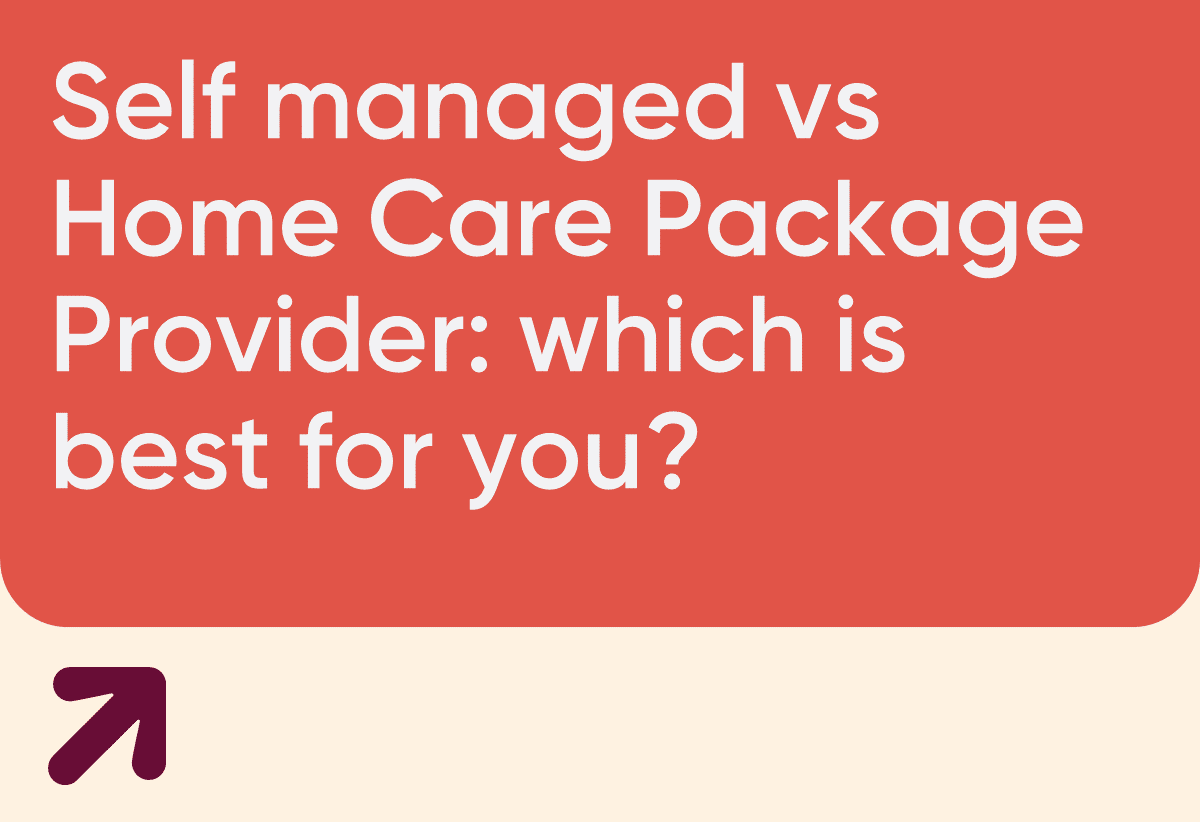
Tips and advice

While heat stress can impact any of us, those aged 65+ may be at increased risk due to certain medications, health conditions and living alone. Knowing the risks, and understanding how to stay well and safe in the heat can be the difference between simply feeling hot and bothered, and more serious outcomes.
Working to help clients stay well during summer is a key part of our role, so we've compiled some basic health advice to help clarify why are older people more at risk of heat stress and what to do about it.
A person’s health and living situation are important factors, and those who may be at increased risk and vulnerable in the heat include anyone:
Medications and hot weather
Some medications are of particular concern in relation to heat, so if you’re taking regular medications, it’s a good idea to talk to your doctor for advice. Here’s some examples of how medications can add to the risk of heat stress.
| Medication |
Problems in the heat |
|
Act on an area of the brain that controls the skin’s ability to make sweat |
|
Reduce the ability of the heart and lungs to adapt to stresses like hot weather |
|
Raise body temperature |
|
Act on the kidneys to increase with fluid loss, which can lead to dehydration in the heat |
|
Reduce the sensation of physical discomfort, so symptoms of heat stress could be missed |

Further reading: Looking to save money with your Home Care Package?
Discover the benefits and drawbacks of Self-managed vs Provider-managed Home Care Packages, so you can decide what's best for you. Read article.

Heat stress occurs when the body can’t maintain a healthy temperature, and natural cooling systems like sweating don’t work. Instead, body temperature keeps rising, and a range of heat-related illnesses may occur.
These include mild conditions such as a rash or cramps to serious and potentially life-threatening conditions such as heatstroke. The symptoms depend on the heat-related illness, but may include:
Temperatures above 37 °C are particularly dangerous, but taking practical steps to reduce risk begins as soon as the temperature reaches 30 °C. Here's some ways to stay safe:
#1
Keep up with weather reports
– any day the temperature is predicted to rise above 30 °C, take extra steps to avoid heat stress, and be aware that high humidity
also adds risk.
#2
Review medications with your doctor – book an appointment to see your doctor and discuss any changes to
medications during summer.
#3
Limit caffeine and alcohol – these can increase fluid loss as they have a mild diuretic action, and therefore,
increase the risk of dehydration.
#4
Check the colour of your pee – dark yellow or brownish urine indicates dehydration.
#5
Keep cool at home
– draw your blinds & curtains, turn on your air conditioner, take cool showers and use wet towels on your body in front of a fan.
#6
A helping hand from family/friends – have family and friends create a care plan for hot weather, so everyone
knows about any risks and how to help you. Ways friends and family might help include:

If someone seems to be suffering from heat stress, they need to be cooled down as quickly as possible. Use whatever is on hand, like a wet sponge or place them into a cool shower, and seek immediate medical help:
Call triple zero (000) in an emergency; or
Nurse-on-call for health advice & information 1300 60 60 24 (24hr/day, 7 days/week)
Read more about Home Care Packages Levels or What
Home Care Package funds can be used for.
Or book a free 15-minute consultation with one of our consultants.

We’re here to help. Age Up Health provides packages that are designed to keep you happy and healthy at home, where you belong.
Our services are simple.
Expect a single fee and the same friendly face each time. And rest assured that our packages are flexible enough that you can make changes whenever you wish.
Contact us today to find out more.
Or book a free 15-minute consultation with one of our consultants.
Contact us today to find out how we can support you and your loved ones.